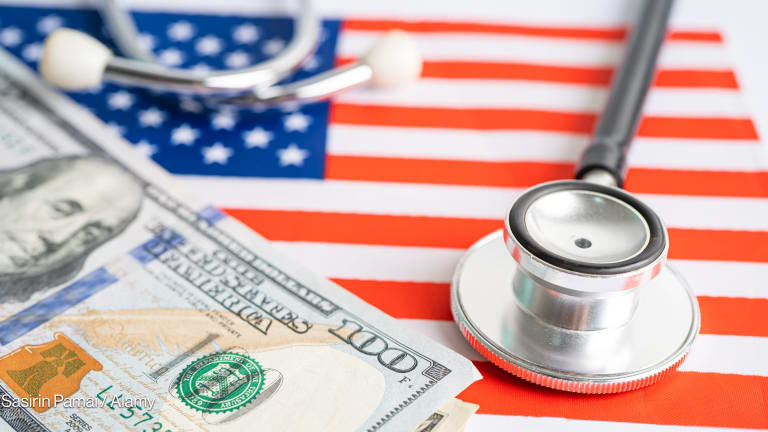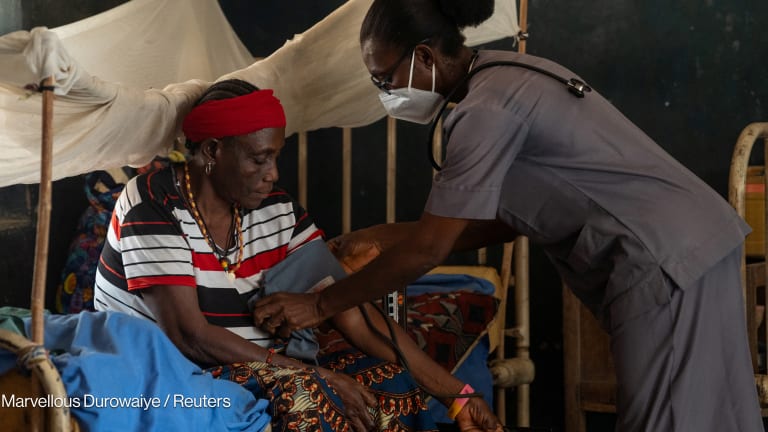The most significant trend that will affect global health and development in 2025 is the election of Donald J. Trump as president of the United States.
A recent Science article forecasts “more mortality, more illness,” alongside potential U.S. withdrawal from the World Health Organization, cuts to USAID and the Global Fund to fight Aids, Tuberculosis and Malaria, halting of U.N. Population Fund funding, reimposition of the “global gag rule,” and targeting the U.S. President’s Emergency Plan for AIDS Relief over abortion. The nomination of Robert F. Kennedy Jr. has brought a new level of concern from commentators who identified his “three most dangerous ideas” — anti-vaxxer views, the benefits of raw milk, and anti-pharmaceutical conspiracy theories.
However, one could also forecast opportunities. A core theme of this Trump administration, as signalled by his Cabinet choices, is disruption. There are potential reform paths aligned with conservative principles that could benefit global health, which I outline below.








